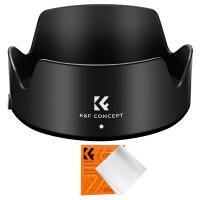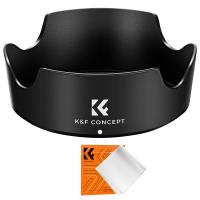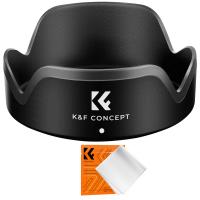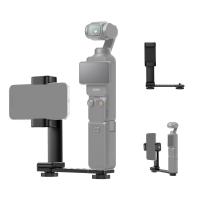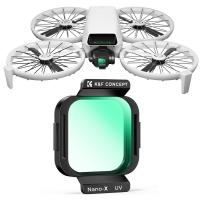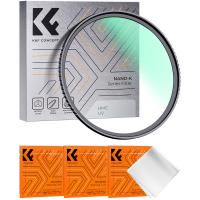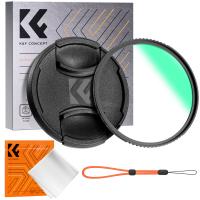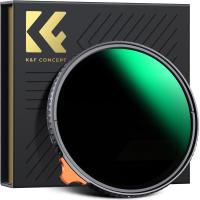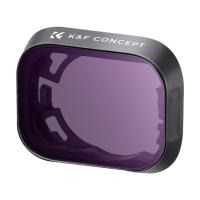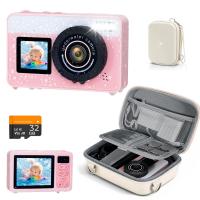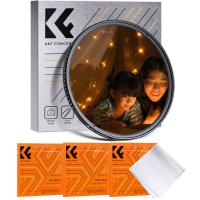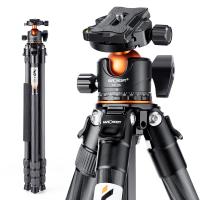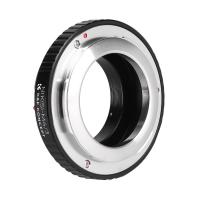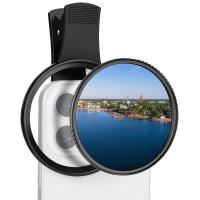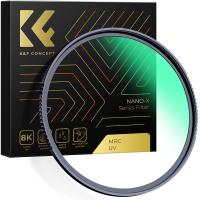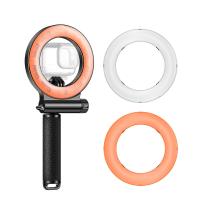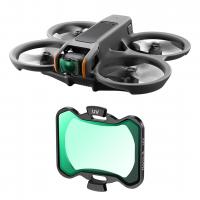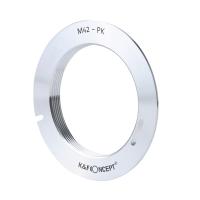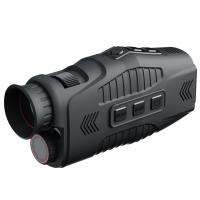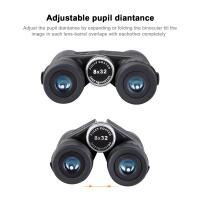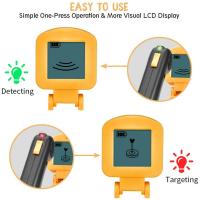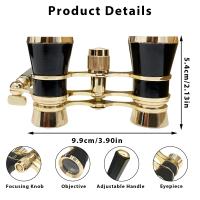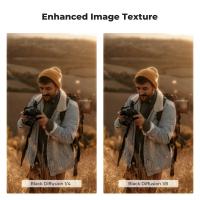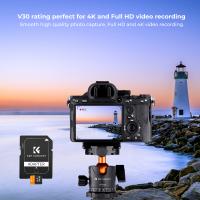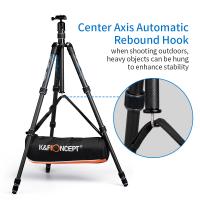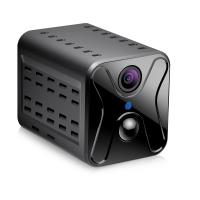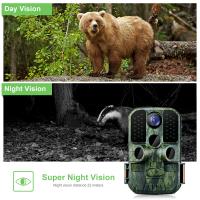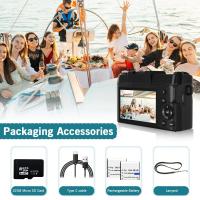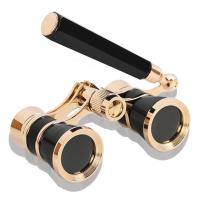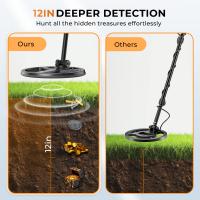What Is A Uv Lens Filter Used For?
When venturing into photography, you'll inevitably come across discussions about UV lens filters. You might wonder: What exactly are they for, and do you actually need one? Understanding their purpose, benefits, and use cases can be a game-changer for photographers of all levels. Whether you’re a beginner exploring this tool for the first time, or a seasoned professional questioning its relevance in this digital age, this article will unpack the practical uses of UV lens filters to help you make an informed decision.
Overview: What Is a UV Lens Filter?
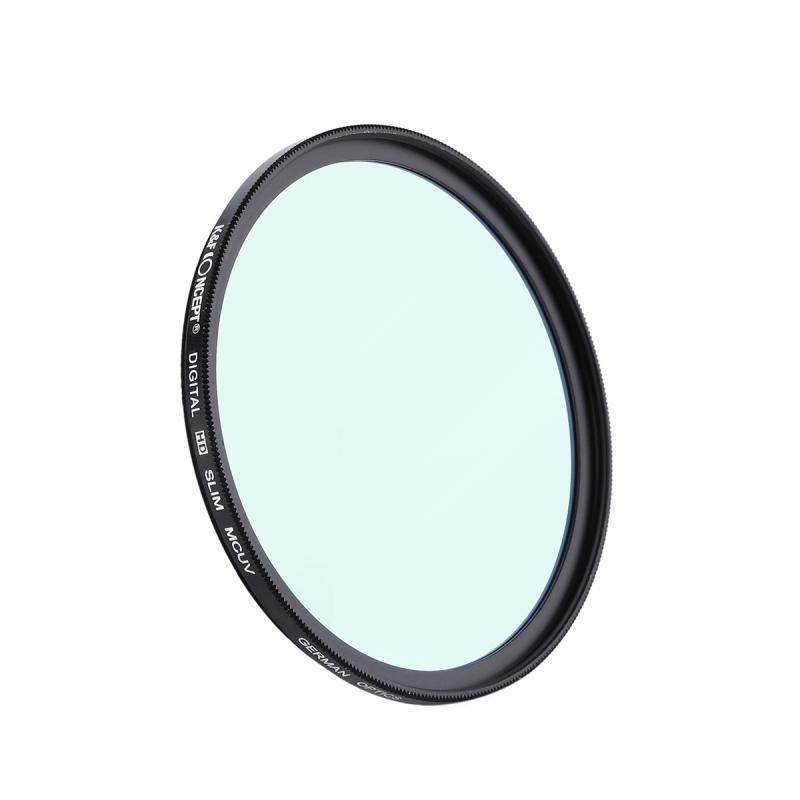
A UV lens filter is a clear or slightly tinted piece of glass or optical material designed to limit the ultraviolet (UV) light entering your camera lens. These filters are typically placed directly in front of the lens, attaching via the lens' thread.
Back in the days of film photography, UV light was a common problem, as it could cause haziness or a blueish cast on images. UV filters mitigated these effects by blocking UV rays from striking the film. With the advancement of digital camera sensors, which are largely unaffected by UV light, the role of UV filters has evolved. Today, they are primarily used not for optical correction, but for other functional purposes, still making them a valued accessory in many photographers' toolkits.
The Practical Uses of a UV Lens Filter
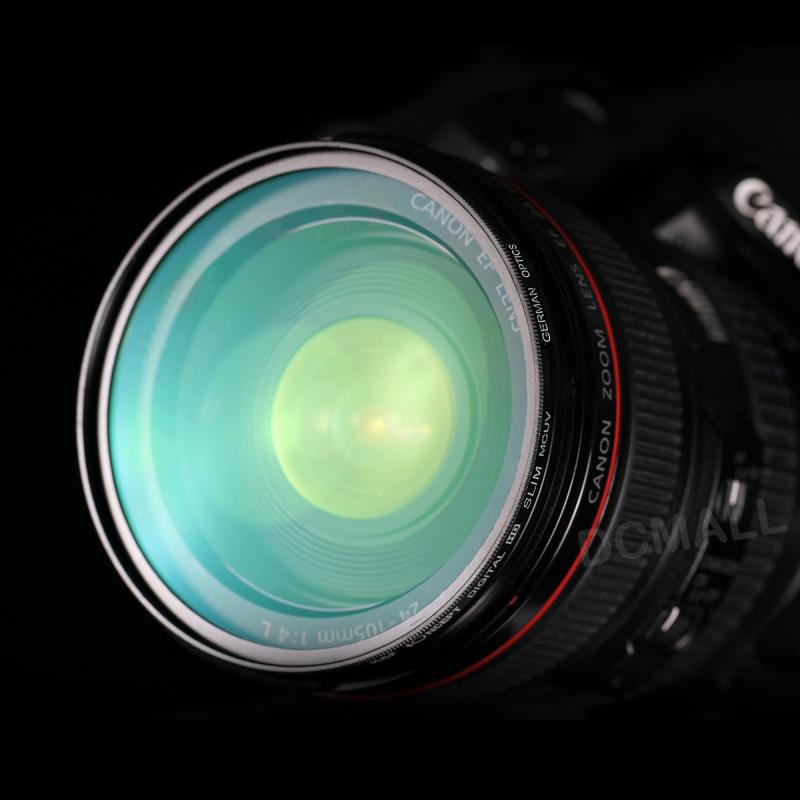
1. Lens Protection
By far, the most common reason photographers use a UV filter is for protection. Camera lenses are often one of the most expensive components of a photographer's gear, and a UV filter acts as a shield for your lens.
- Prevention of Physical Damage: Lenses can be damaged by accidental drops, exposure to abrasive sand or dust, smudges, or scratches. A UV filter provides a protective layer over the lens glass. It’s easier and cheaper to replace a scratched or broken UV filter than to repair or replace a lens.
- Protection in Harsh Environments: From windy deserts laden with fine sand, to bustling streets and saltwater spray at coastal locations, UV filters act as a barrier in challenging shooting conditions. They safeguard the lens coating which can otherwise deteriorate due to continuous contact with debris or corrosive elements.
2. Reducing Haze in Certain Conditions
Although UV sensitivity is limited in modern digital sensors, UV filters can still help reduce atmospheric haze in certain environments, like high-altitude locations or snowy terrains, where UV light reflects more intensely. While the overall improvement may not always be dramatic, some photographers find they provide a subtle clarity boost in these situations.
3. Ease of Lens Maintenance
Maintaining the pristine condition of a lens can be challenging. Cleaning a lens requires meticulous care because improper techniques or tools can damage coatings that enhance image quality. With a UV filter in place, cleaning becomes more straightforward. You can safely remove smudges, dirt, or raindrops from the filter without worrying about the lens itself.
4. Cost-Effective First Layer of Defense
It’s worth emphasizing that lenses are a significant investment, with professional lenses often costing hundreds or even thousands of dollars. While UV filters are not indestructible, they are far more affordable than replacing an entire lens. In situations where you might drop your camera, a UV filter can take the brunt of the damage, sparing the lens itself.
5. Layer of Functionality with Minimal Optical Compromise
High-quality UV filters have negligible effects on image quality. Premium filters boast advanced coatings to minimize reflections and ensure minimal impact on sharpness, contrast, or color reproduction. When matched properly to the lens, they add a thin veil of protection without compromising the optics of your camera.
6. Peace of Mind
For many photographers, particularly beginners or enthusiasts still building confidence in handling delicate gear, a UV filter provides peace of mind. Knowing your lens is protected during travel, daily use, or even accidents makes photography more enjoyable without the constant worry of damaging your primary equipment.
Do You Always Need a UV Lens Filter?
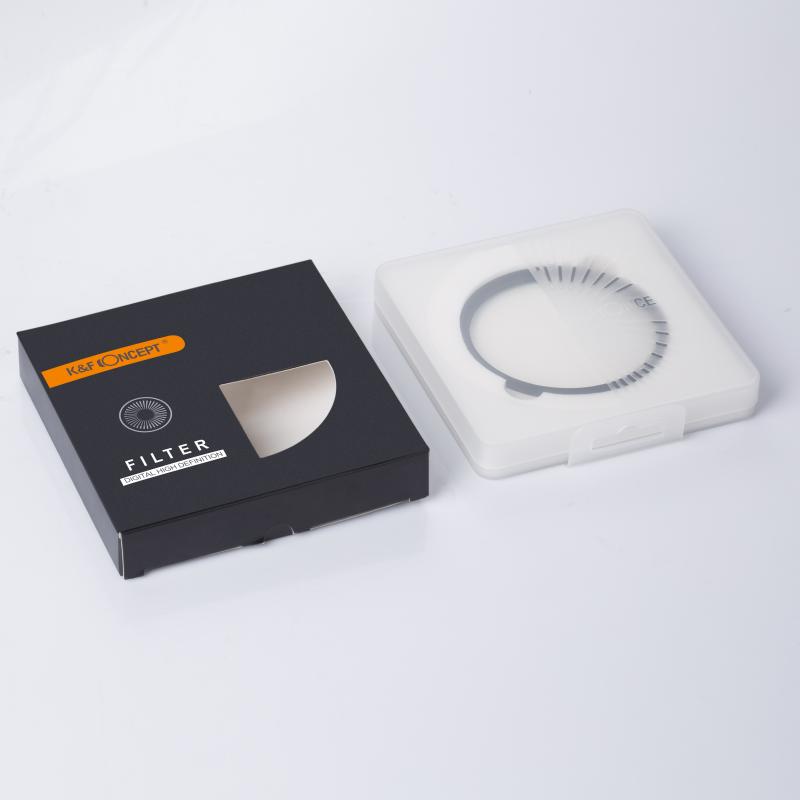
While UV filters offer valuable benefits, it’s important to consider whether you need one for every scenario. Here are a few instances where UV filters may not be essential or even advised:
- Indoor Shooting: UV protection typically doesn't matter indoors where the UV light is minimal.
- Using High-Quality Lens Hoods Instead: Some professionals rely on lens hoods for physical protection while shooting, as hoods provide shading from stray light and shield against minor impacts.
- Impact on Image Quality with Cheap Filters: Budget UV filters made with inferior materials can degrade image quality, introduce lens flare, or reduce sharpness. If you opt for a UV filter, it's best to invest in one from a reputable brand that suits the standard of your lens.
Choosing the Right UV Lens Filter for Your Needs
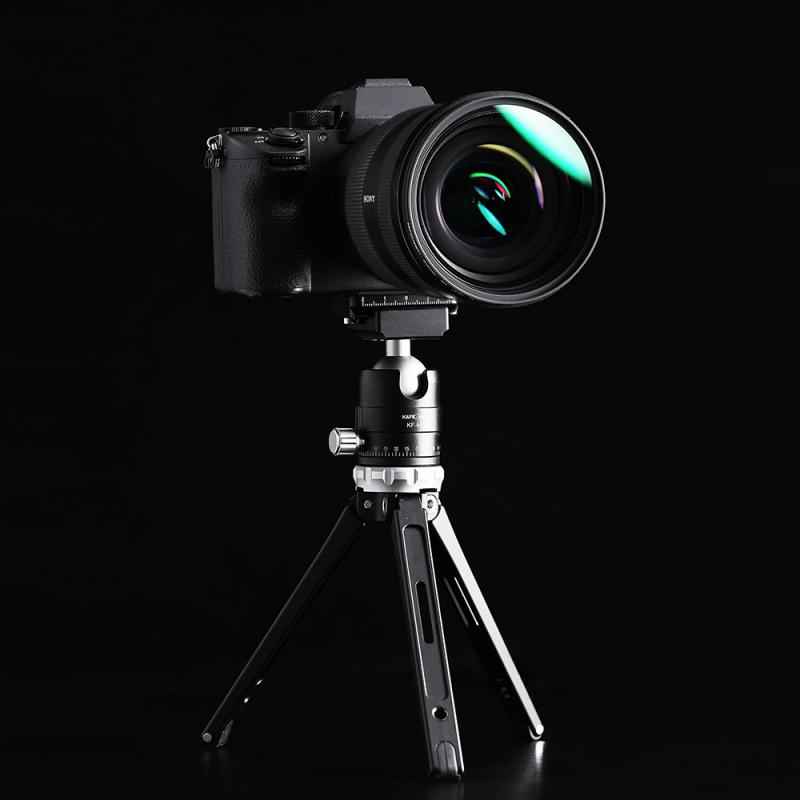
If you decide to invest in a UV lens filter, here are several factors to consider:
1. Filter Quality: Not all filters are created equal. High-quality filters are made with multi-coated glass that reduces reflections, glare, and optical distortions. Renowned brands like B+W, Hoya, Tiffen, and Heliopan produce filters that provide superior image clarity and durability.
2. Size Compatibility: Lens filters are not one-size-fits-all. Check your lens' diameter (usually printed on the lens barrel and indicated by a "Ø" symbol) to ensure the filter you purchase fits correctly.
3. Price Versus Long-Term Value: While pricier filters may seem like an added expense, they are a worthwhile investment for high-quality lenses. A poor-quality filter can compromise your lens' functionality and image results, making it an inefficient choice over time.
4. Lens Type and Usage: If you're using premium lenses like ultra-wide or telephoto lenses, be sure to use a thin-mount UV filter designed for that purpose, as regular ones can result in vignetting (dark corners) in your images.
Alternatives and Complementary Tools
It should also be noted that UV filters are just one element in a photographer's kit for protection and enhancement. Consider these complementary tools:
- Lens Caps: Always store your lens with its cap on when not in use to prevent scratches.
- Lens Hoods: These are great not just for shading your lens and improving contrast but also for protecting the lens from direct impact or rain.
- Polarizing Filters: Unlike UV filters, polarizers reduce glare and reflections from reflective surfaces like water or glass while enhancing saturation, making them ideal for outdoor photography.
In an Era of Digital Cameras, Are UV Filters Still Relevant?
Advanced digital sensors and post-processing tools render the original UV-reducing purpose of filters nearly obsolete. However, their mainstay in photography persists because they address practical, tangible concerns. Protection and convenience are two imperatives that transcend the march of technology, solidifying the relevance of UV filters. Even professional photographers embrace them in rugged environments, extreme weather, or unpredictable conditions.
Final Thoughts: Should You Use a UV Filter?
Deciding whether to use a UV lens filter depends heavily on your shooting environment, equipment, and personal preferences. They might not be a necessity for everyone, but they do provide valuable benefits:
- Protection for your expensive lenses
- Minor aid in reducing haze at high altitudes or reflective surfaces
- Simplification of lens cleanliness and maintenance
- Low-cost insurance for unforeseen accidents
For most photographers, particularly those frequently shooting outdoors, a UV filter is a worthwhile addition to your gear bag. If you choose to use one, prioritize quality over cost to ensure the filter doesn’t negatively impact your image-making experience. And while a UV filter doesn’t replace good habits like using a lens hood or cap, it can bolster your confidence as you set out to capture the perfect shot.

